Trump Set to Receive Classified Briefings Again Despite Previous Charges
November 11, 2024 at 9:00 AM
3 minutes read
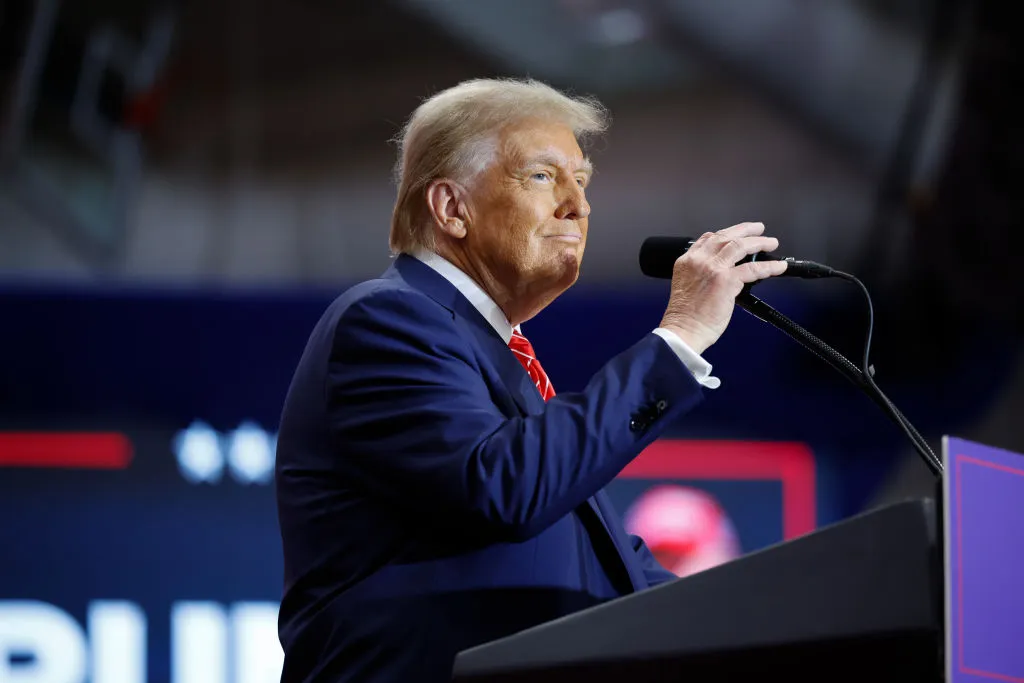
Two years after the FBI raided Donald Trump's residence to retrieve government records, including numerous classified documents he had refused to return, the former President is once again set to receive classified briefings. This development comes as Trump prepares to take office on January 20, with the Biden Administration working to ensure an orderly transition of power.
Back in 2022, the discovery of classified documents in Trump’s home—including some reportedly found next to a toilet and stacked on a ballroom stage—led to an indictment accusing him of mishandling sensitive information. Federal officials had charged him under the Espionage Act, alleging unauthorized retention of national defense information. However, with his return to the presidency now imminent, Trump will resume access to the nation’s secrets.
Despite concerns, President Biden has directed his administration to fully cooperate with Trump’s transition team. "They’re not going to restrict it," said a Republican involved in the transition, noting that the decision aligns with historical norms of cooperation between outgoing and incoming administrations.
A Tense Transition for Intelligence Officials
The decision to restore Trump’s access to sensitive information raises concerns within the intelligence community. During his first term, Trump reportedly shared highly sensitive information from a close U.S. ally with senior Russian officials, causing unease among national security experts. Biden himself has previously criticized Trump’s handling of classified documents, calling it “totally irresponsible.”
For intelligence officials, the challenge lies in balancing the duty to inform the incoming President while safeguarding sources and methods. Gregory Treverton, former chair of the National Intelligence Council, described Trump’s previous handling of classified information as “scary.” Treverton explained that Trump’s tendency to treat classified information as casual memorabilia could risk lives, noting, “For a profession that is so disciplined and nonpartisan, confronting someone who trespasses on those norms is awful.”
Preparations for the Transition
According to the Office of the Director of National Intelligence (ODNI), they are following a long-standing tradition dating back to 1952, which provides President-elects with intelligence briefings to prepare them for office. "ODNI is acting consistent with the tradition of providing intelligence briefings to the President-elect," stated an ODNI spokesperson.
Members of Trump’s team are now working with Biden’s Administration to negotiate access to government resources and briefings as per the Presidential Transition Act. However, this process has not been without challenges. Unlike previous transitions, Trump’s team initially chose not to sign the pre-election agreements with federal agencies. They are now in the process of finalizing terms for accessing federal offices and classified information as part of the transition.
While the process may be unconventional, it is ultimately rooted in the principle that the public has chosen its next leader. As White House Press Secretary Karine Jean-Pierre stated, "We’re not going to speculate about what he may do with the information." The Biden Administration, despite its reservations, is committed to a smooth transition.
Looking Ahead
As the intelligence community braces for this unique handover, national security experts will be watching closely to ensure the incoming administration upholds its responsibility to handle sensitive information with care. While Trump’s history with classified information has sparked concerns, the principle of a seamless transition of power remains paramount.
Up next

Trump Announces Israel’s Agreement to 60‑Day Gaza Ceasefire, Challenges Hamas to Sign On
July 2, 2025
4 minutes read
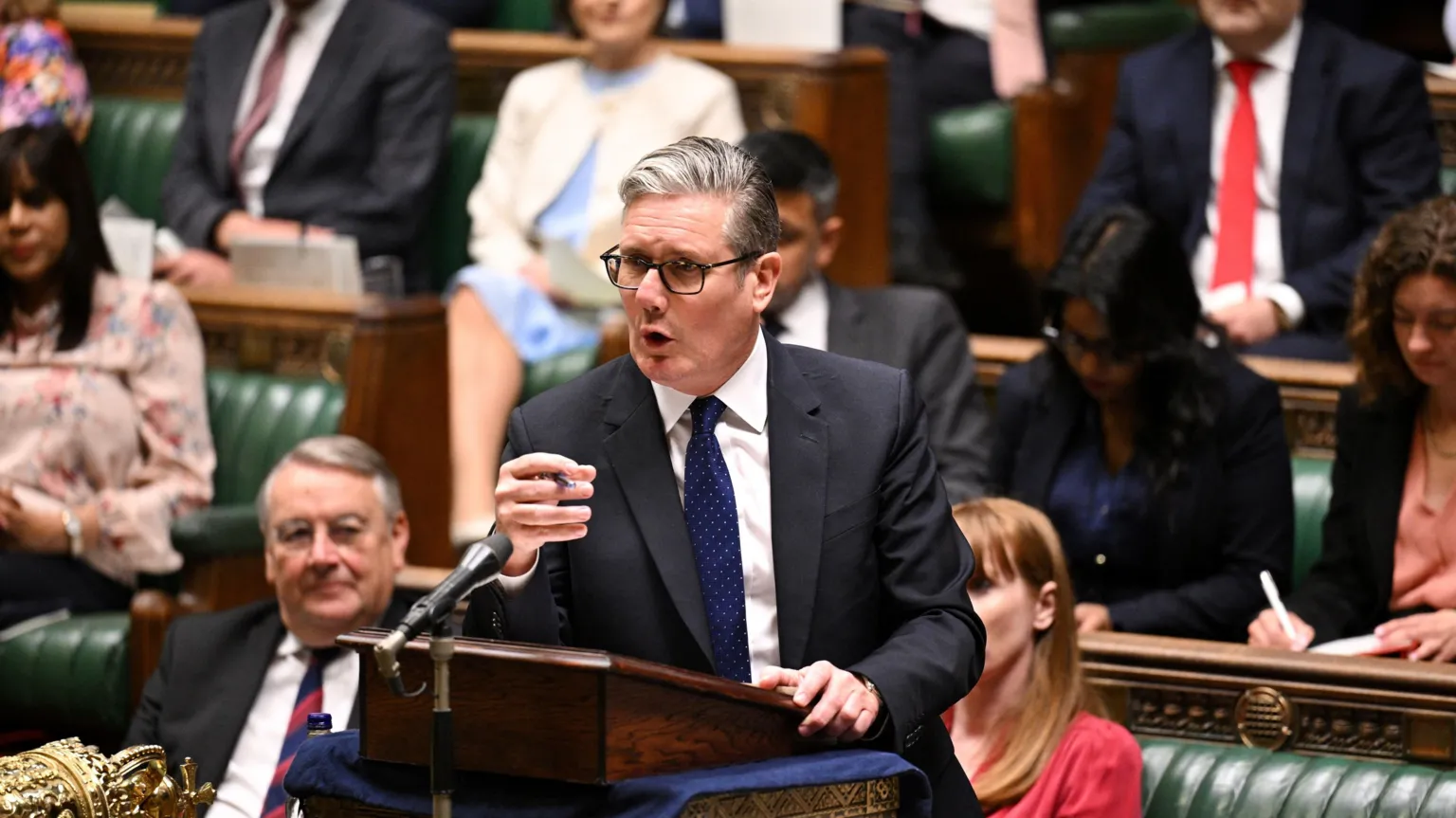
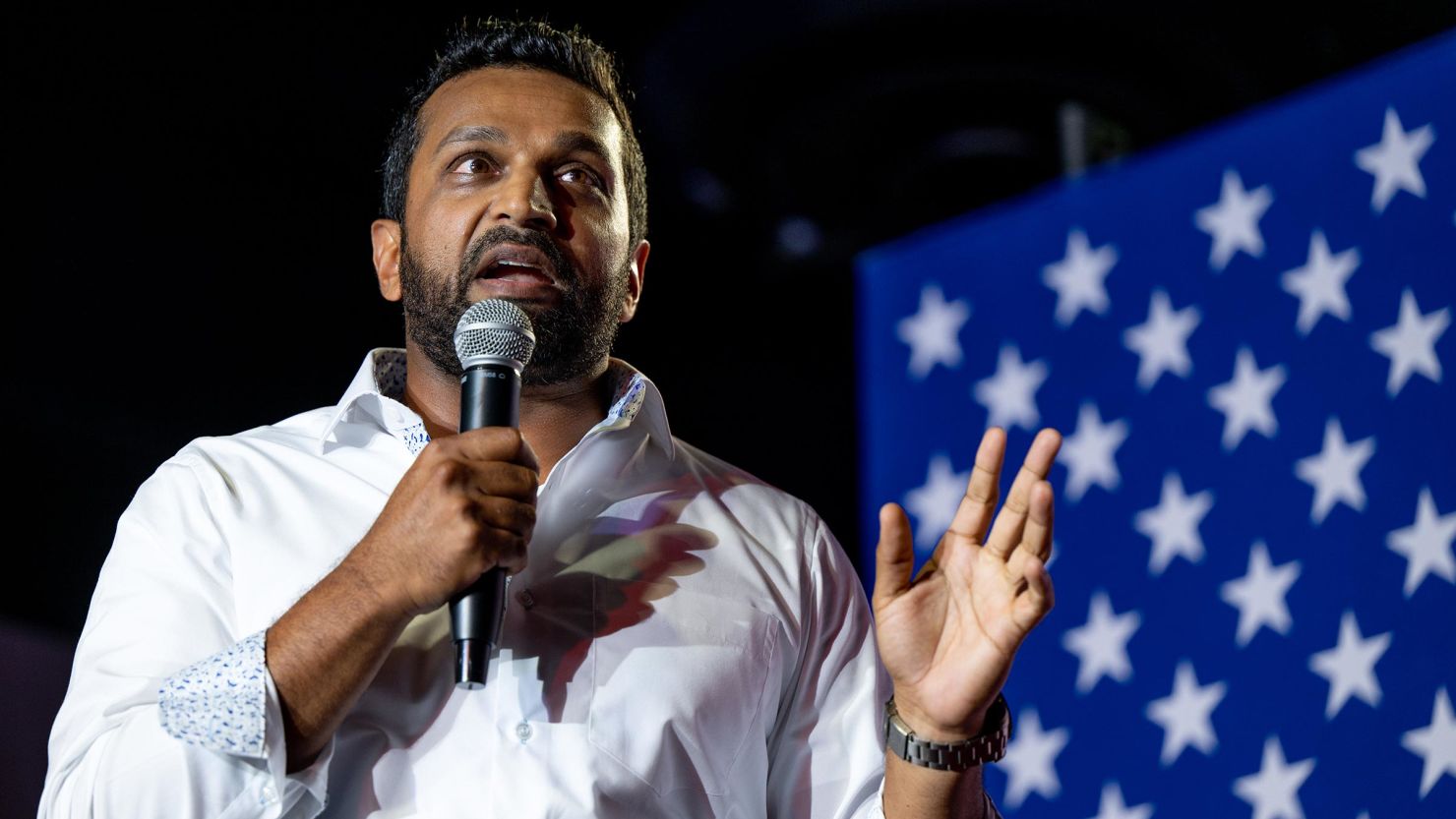
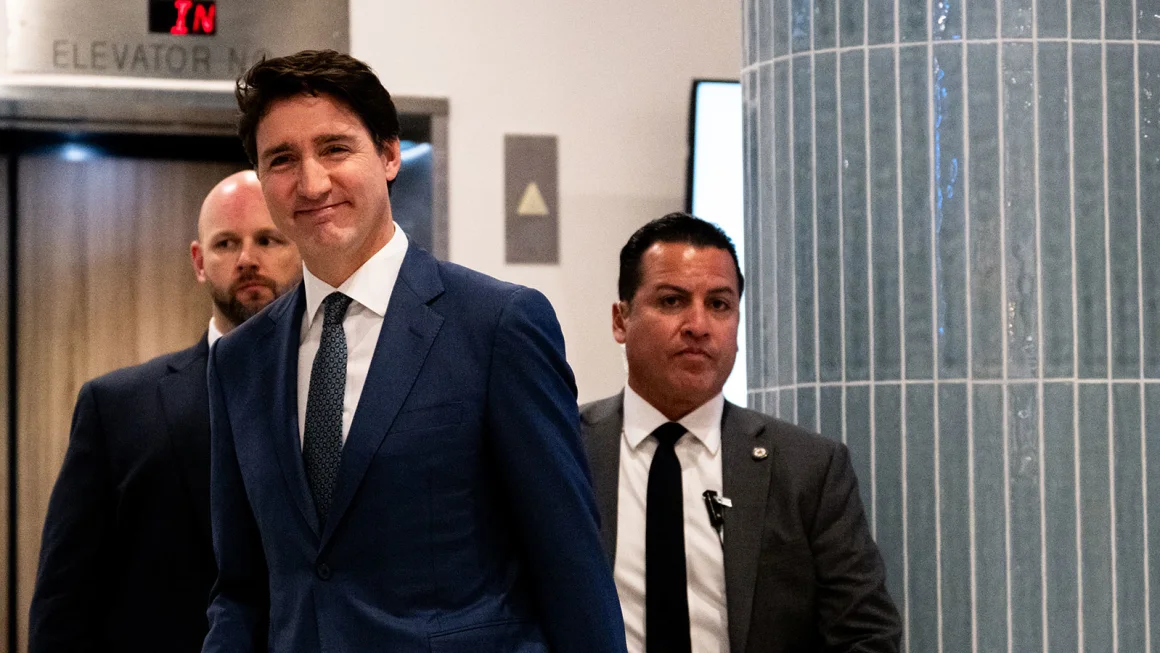

Trump Administration Plans Federal Agency Consolidation, Addresses BLM Plaza Concerns
November 29, 2024
4 minutes read
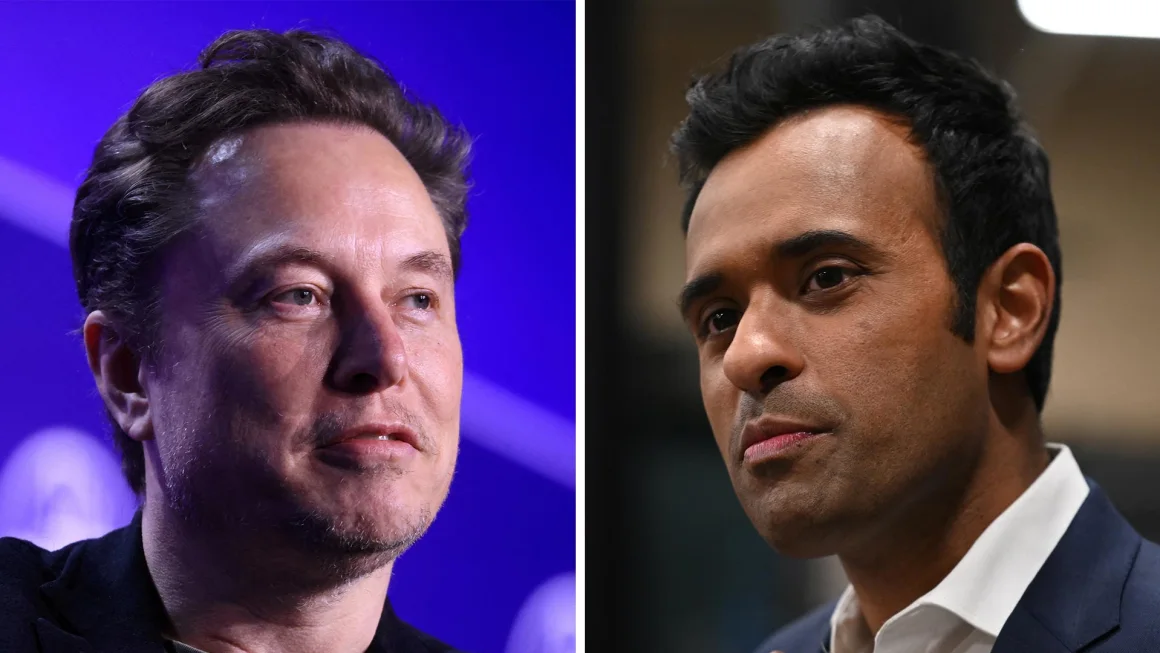
Musk, Ramaswamy Weigh in on Federal Regulations Amid Dogecoin Market Volatility
November 28, 2024
2 minutes read
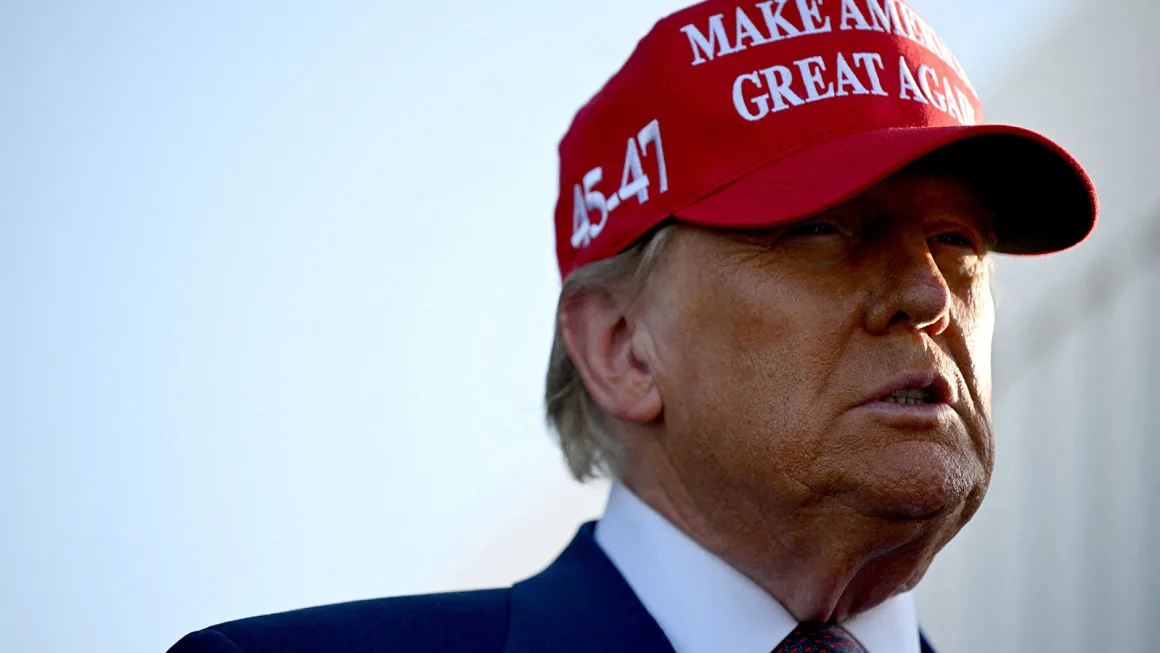
Trump Administration Accelerates Transition, Announces Swift Cabinet Picks
November 27, 2024
2 minutes read

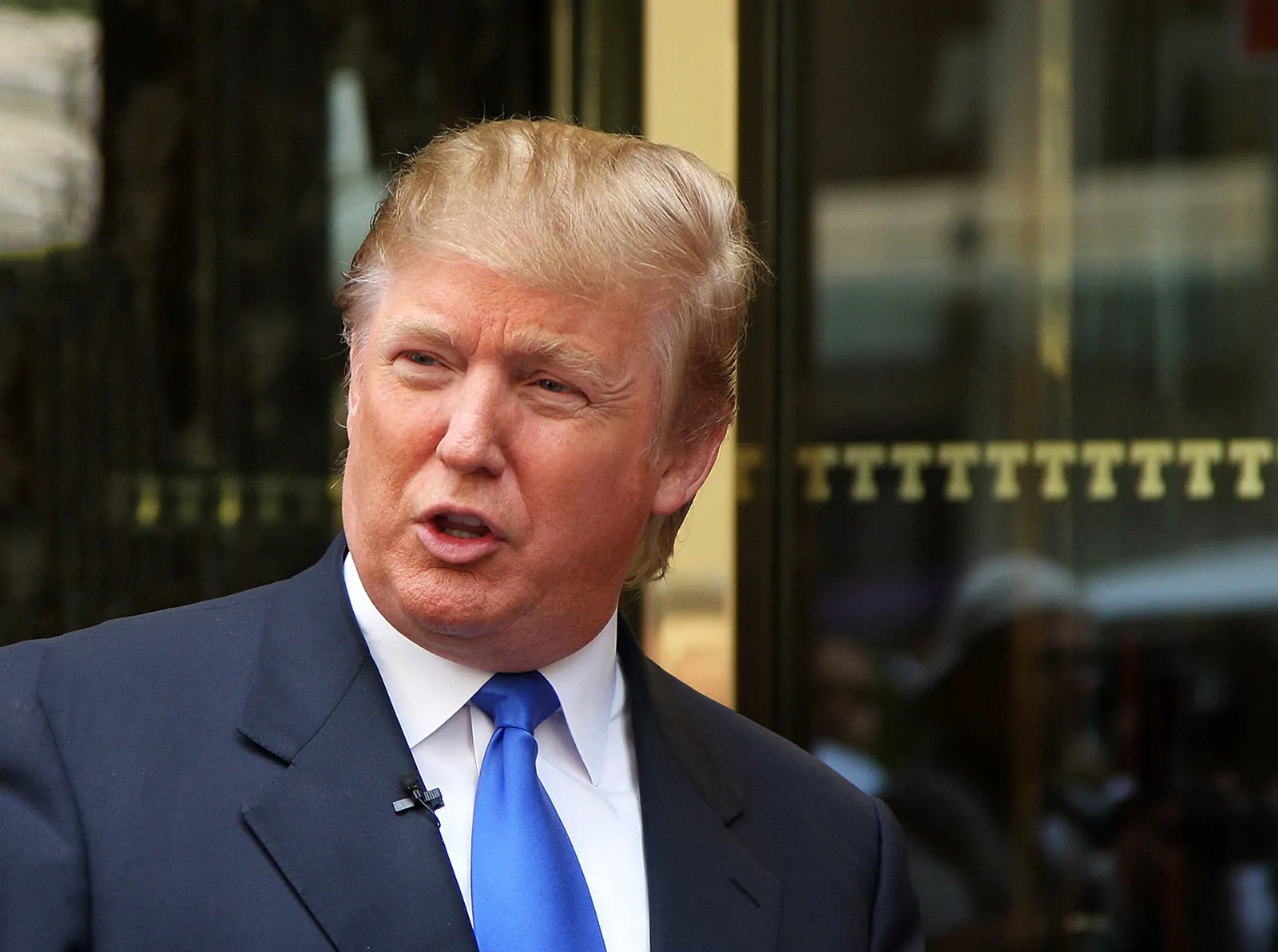
Trump’s Picks of Tulsi Gabbard and Pete Hegseth Reflect Bold but Controversial Cabinet Strategy
November 25, 2024
4 minutes read
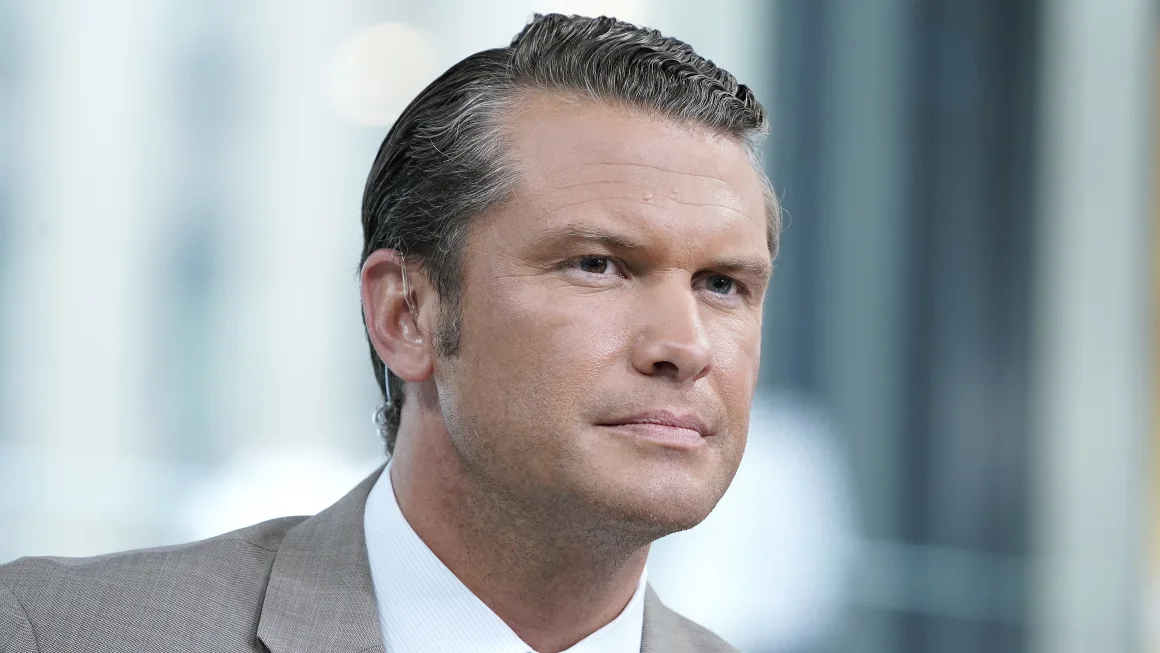
Trump Eyes Contentious Nominees Hegseth, Gabbard, and RFK Jr. for Key Positions
November 24, 2024
3 minutes read

Lori Chavez-DeRemer Considered for Labor Secretary Role in Potential Trump Administration
November 23, 2024
2 minutes read

Trump’s Potential Plan to Restructure FBI Raises Concerns Among Experts
November 22, 2024
3 minutes read

Pete Hegseth Denies Allegations in Police Report Amid Speculation About Defense Secretary Role in Trump Administration
November 21, 2024
2 minutes read
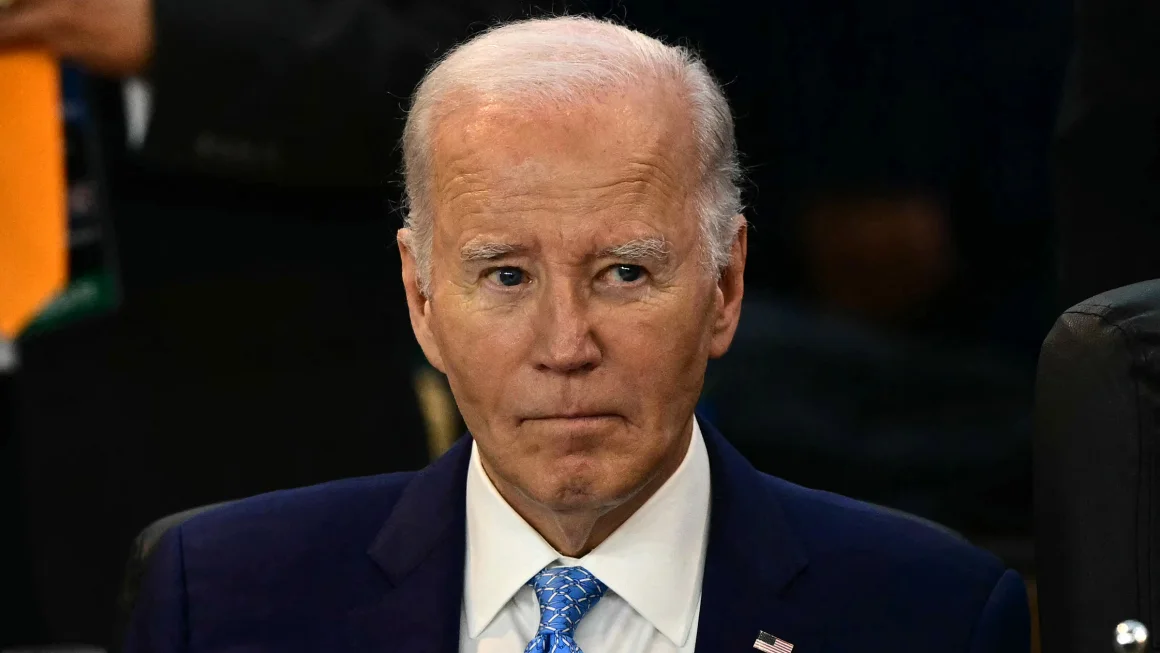
Biden Administration Faces Scrutiny Over Anti-Personnel Landmine Policy in Ukraine
November 20, 2024
2 minutes read
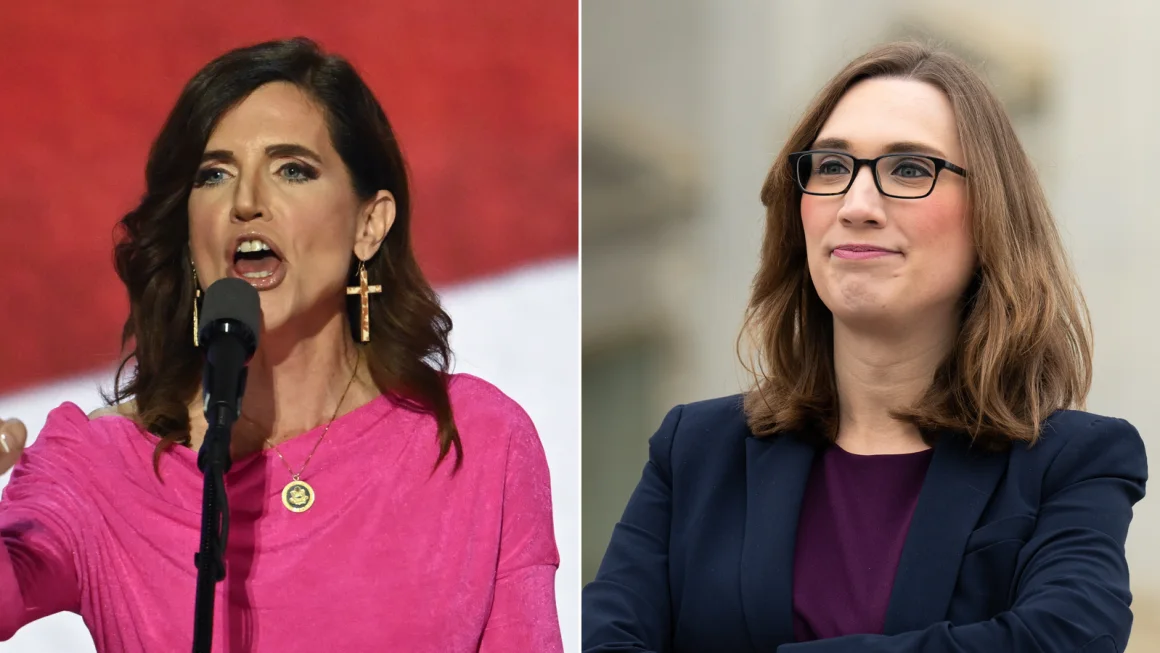
Republican Nancy Mace Criticizes Anti-Transgender Bathroom Ban at U.S. Capitol
November 19, 2024
2 minutes read
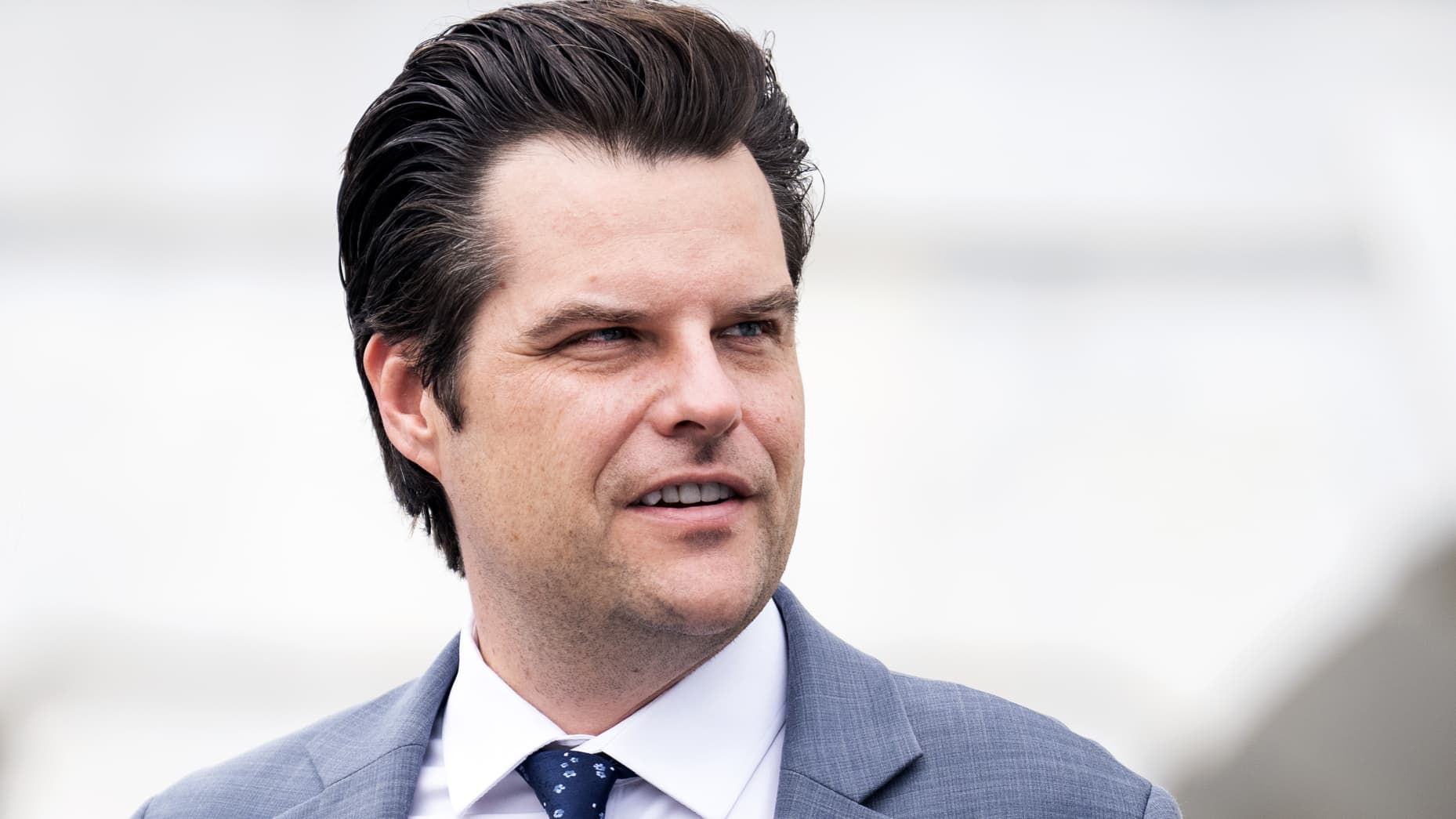
Matt Gaetz Reportedly in Contention for Attorney General Role Amid Political Tensions
November 18, 2024
2 minutes read
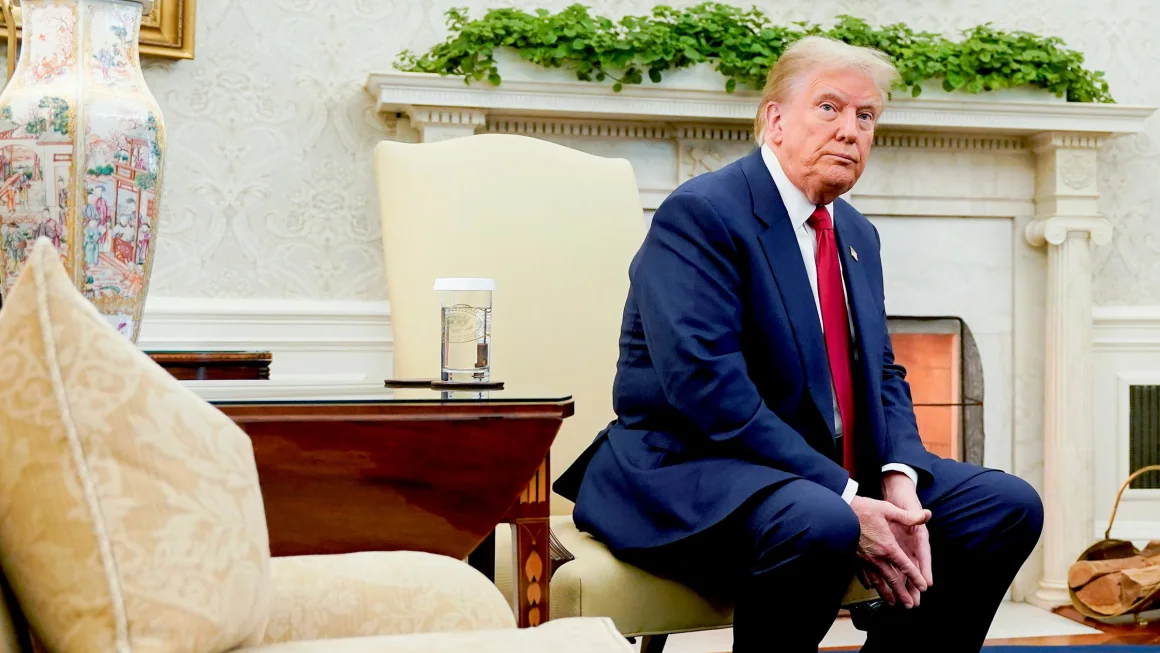
Trump’s Foreign Policy Vision Promises Bold Realignments and Global Shifts
November 17, 2024
4 minutes read
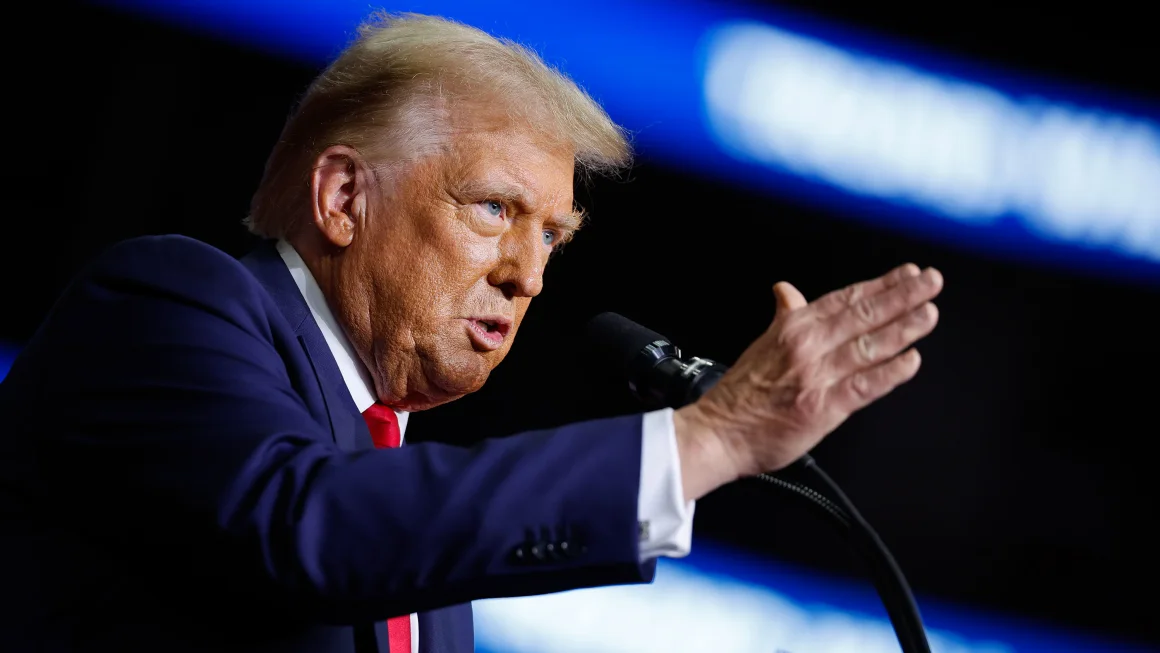
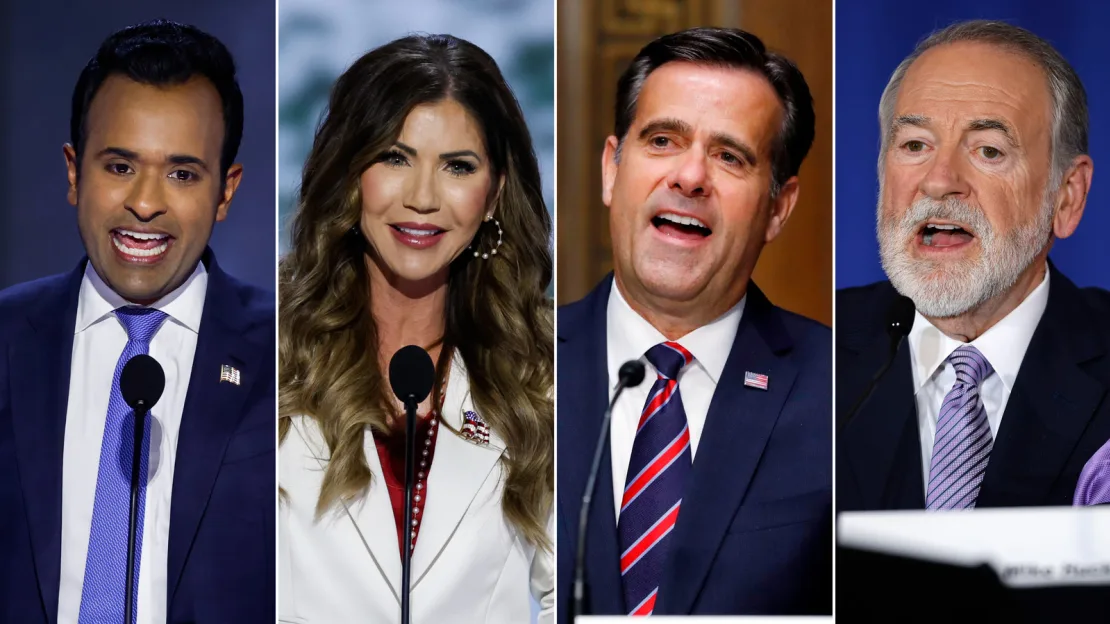
Trump Rolls Out Controversial New Cabinet Picks for Second White House Term
November 14, 2024
4 minutes read
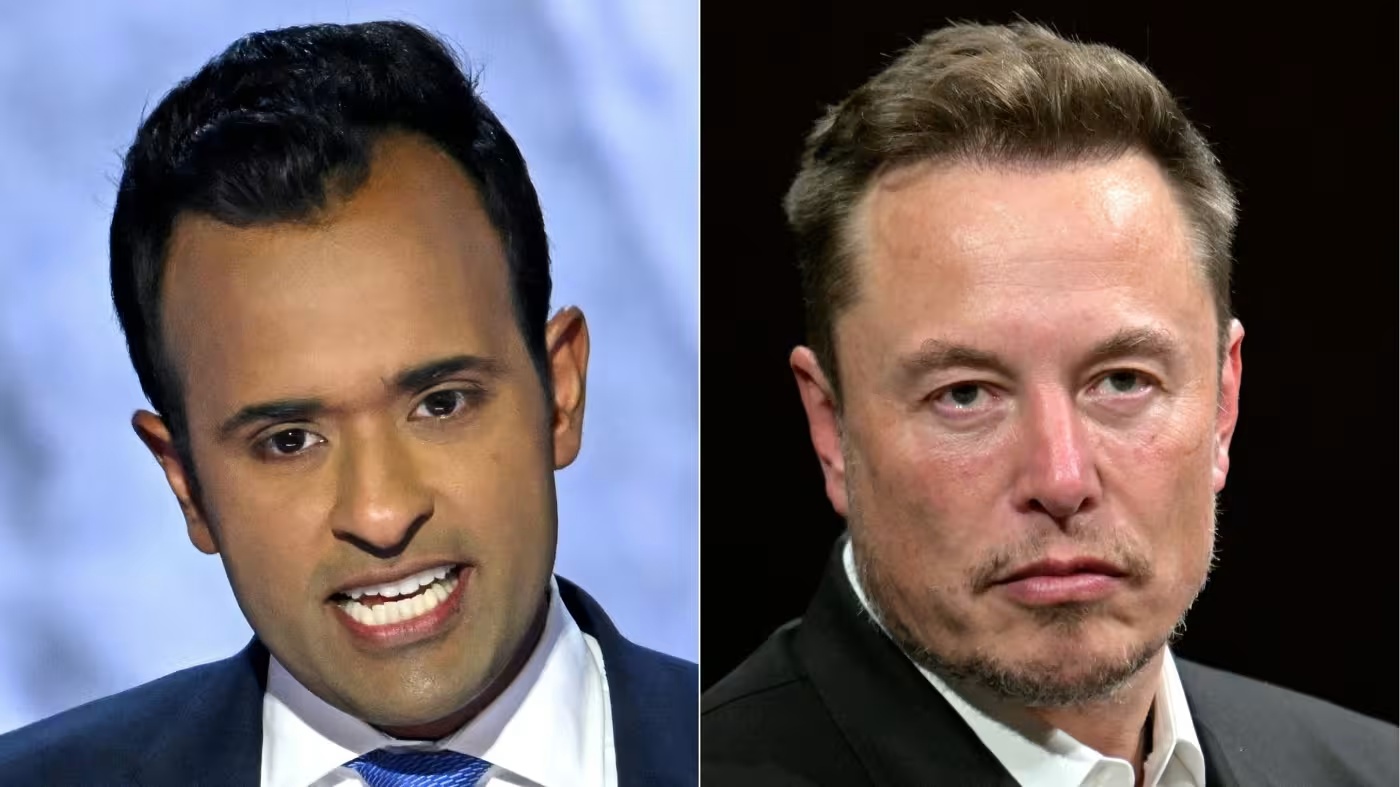
Elon Musk and Vivek Ramaswamy to Lead Trump’s New ‘Department of Government Efficiency’
November 13, 2024
2 minutes read

Malaysia’s PM Anwar Ibrahim Says New US Tariffs Could Impact Key Microchip Exports, Despite BRICS Ties
November 13, 2024
2 minutes read
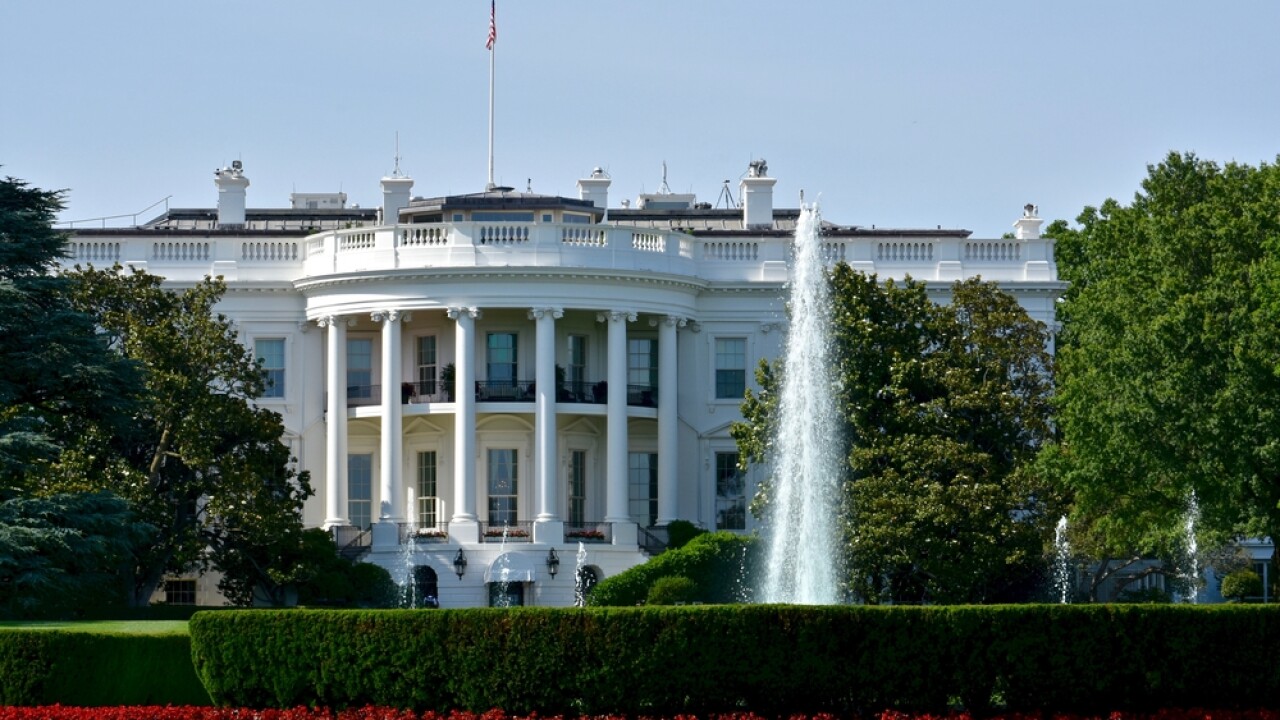
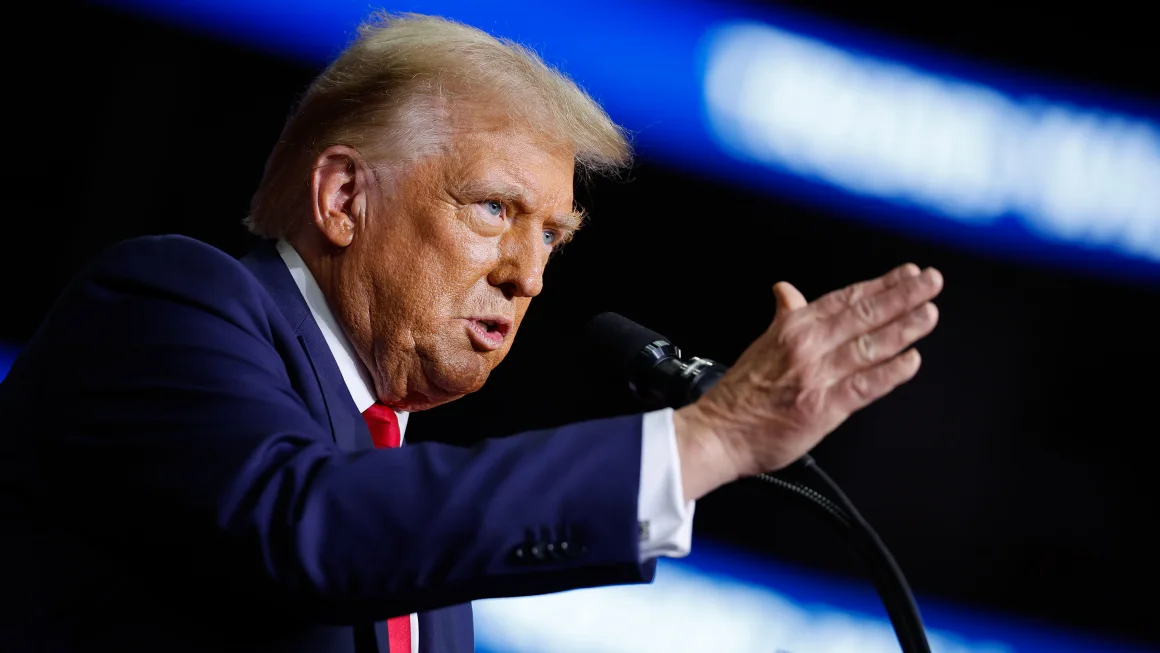

Trump Selects South Dakota Governor Kristi Noem as Homeland Security Secretary
November 12, 2024
1 minutes read
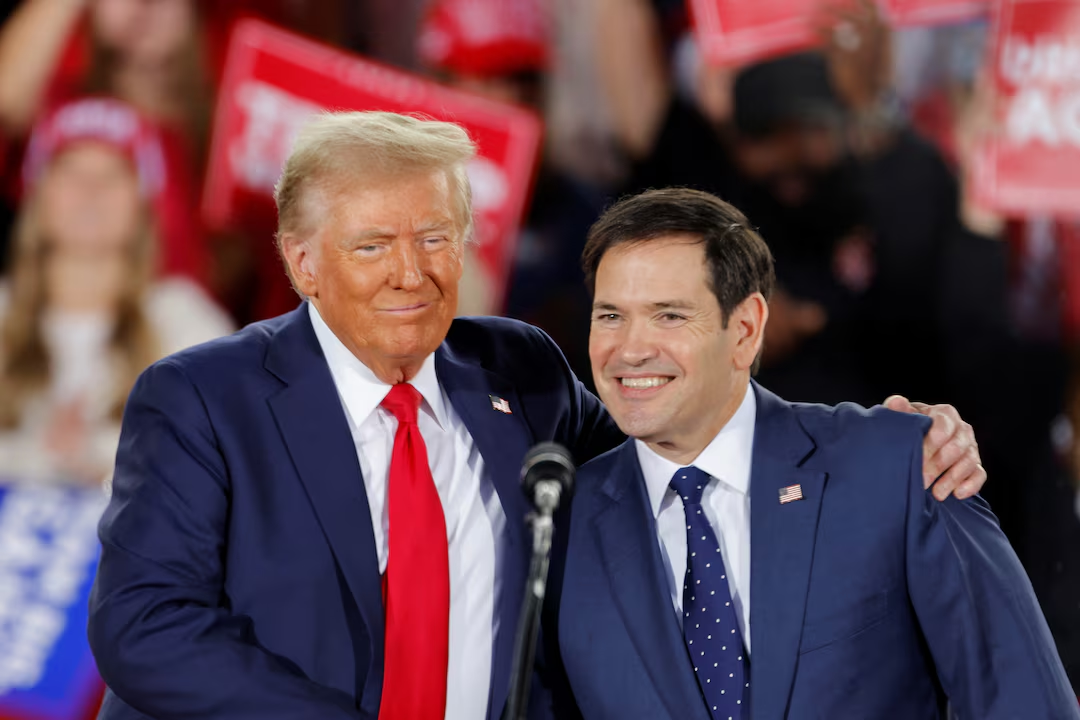

White House Rushes to Allocate Key Legislation Funds Before Trump Takes Office
November 11, 2024
3 minutes read